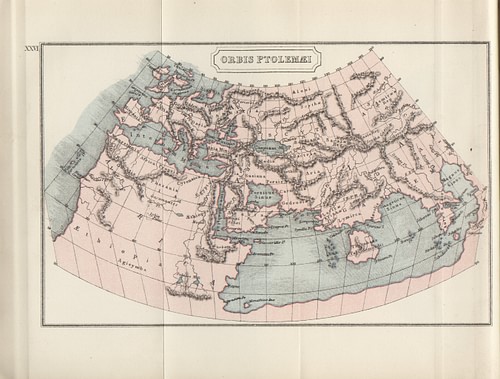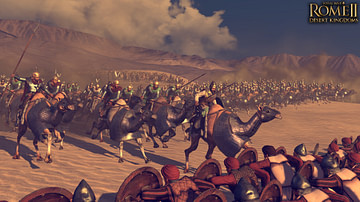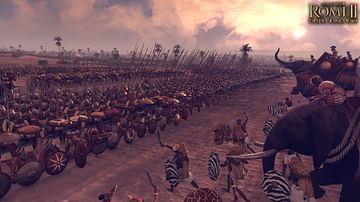
The ancient Arabians, or Arabes as they were called by the Hellenes, were a Semitic people. One must note that the Arabians were not a single people but multiple smaller kingdoms and tribes. Arabia was home to great city builders and nomads alike. They were of great influence on many occasions in the ancient period.
One of the first mentions of Arabs comes from the Bible and the Torah. The table of nations mentions Sheba, Dedan, and Qedar. Best known is the famous and legendary rich Queen of Sheba who visited King Solomon, also mentioned in the Qur'an. Sheba is these days identified with ancient Saba, then the leading power in what today is Yemen. It was known for its prosperity, urban centres, and magnificent buildings. The Qedar are known from Assyrian records as paying tribute from the 8th century BCE onwards, but also as Assyria's enemies in the annals of Ashurbanipal. The Minaeans, also mentioned in Assyrian records, were famous traders who controlled most of the Red Sea area and appear to have had close ties with the Egyptians with whom they traded incense. The caravan city of Tayma was also famous; it was mentioned in the 8th century BCE by the Assyrians for paying tribute, and it was the home of the Babylonian king Nabonidus during his elder days.
The Nabataean kingdom reached its peak in the 1st century BCE when it extended from Dedan to Damascus.
Other famous Arabian peoples at the time were the Gerrhans, from modern-day Bahrain who appear to have had naval trade connections with India. The other great traders from the north were the Nabataeans. They lived in modern-day Jordan and replaced the Qedar as the most powerful political entity of the region. Their capital was Petra, a marvellous city carved out of the rock, famous today as a popular tourist site. The Nabataean kingdom reached its peak in the 1st century BCE when it extended from Dedan to Damascus. By 106 CE it became the only Roman Arabian province under the name Arabia Petraea. Yet the richest of all Arabians would have been the Hadramawt, who lived in the southern lands that produced incense.
In the time of the Roman Empire much had changed in Arabia. The Minaeans were no longer, and the power in ancient Yemen had shifted as well. The Himyar, a tribe from the south, became the leading nation by conquering the whole of Yemen. In the north, another famous Arabian queen, Zenobia, came to power. She expanded the Palmyran Empire and even conquered Egypt until she was captured by emperor Aurelian. Gerrha was part of the Sassanian Empire by the 4th century CE.










